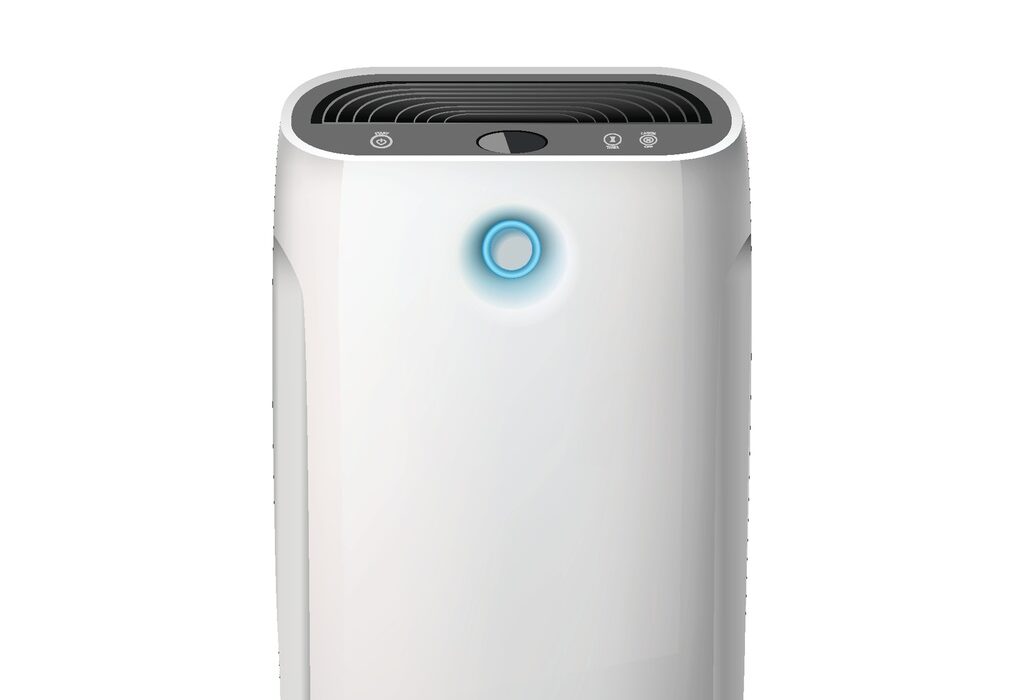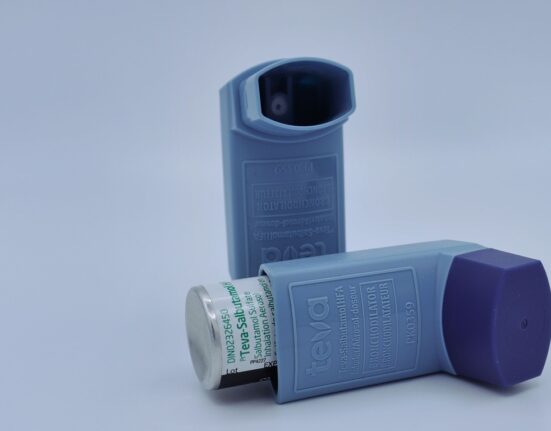Allergies can turn the simplest activities into a struggle, prioritizing the search for relief. Many individuals wonder if air purifiers can help alleviate allergy symptoms. Below, we delve into the science behind air purifiers and their impact on allergies, shedding light on their potential benefits for those seeking fresh, allergen-free air.
What Is an Air Purifier, and How Does It Work?
Air purifiers improve indoor air quality by getting rid of pollutants, allergens, and irritants in the air. These devices draw in air, pass it through a series of filters, and expel cleaner air back into the room. Depending on the type of air purifier, the filters can capture particles like dust, pet dander, pollen, mold spores, and even microscopic pollutants.
How Does an Air Purifier Help with Allergies?
Air purifiers can be valuable for individuals with allergies. The primary mechanism through which they help is by capturing and trapping allergens in their filters. As air passes through the purifier, it removes airborne particles that trigger allergic reactions. This can significantly reduce exposure to allergens, resulting in fewer allergy symptoms such as sneezing, congestion, and itchy eyes.
Filtration Levels and Allergen Removal
HEPA (High-Efficiency Particulate Air) filters are typically used in air purifiers and are highly effective in removing particles as small as 0.3 microns. This includes most allergens like pollen, pet dander, and dust mites. Some advanced air purifiers also come with additional filters or technologies, such as activated carbon filters, UV-C light, or ionizers, which can further enhance allergen removal.
Other Benefits of Air Purifiers
While their primary focus is allergen removal, air purifiers offer a range of additional benefits, such as:
Smoke and Odor Removal:
Air purifiers equipped with activated carbon filters can help eliminate smoke and unpleasant odors, making the indoor environment more comfortable.
Asthma Management:
For individuals with asthma triggered by allergens, air purifiers can improve asthma management by reducing exposure to potential triggers.
Indoor Pollutant Control:
Air purifiers can help reduce indoor pollutants such as volatile organic compounds (VOCs), which are emitted by household products, paints, and cleaning agents.
Respiratory Health:
Cleaner indoor air can improve respiratory health for everyone, including those without allergies, by reducing the overall load of irritants in the air.







